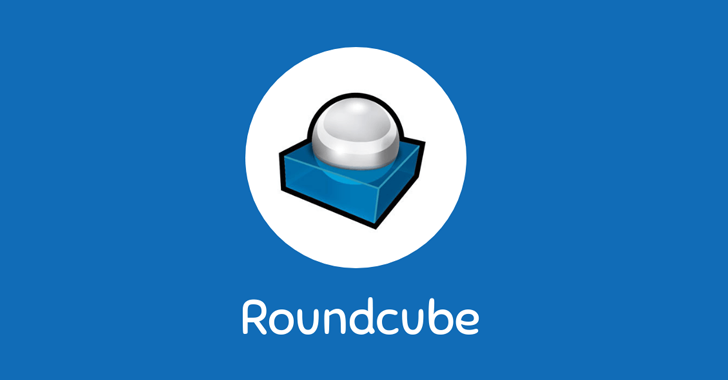

Many “self hosters” simply aren’t comfortable with the basics and expect things to be just an app you install. A simple two-tier app/db architecture is too complex for them (hence the prevalence of sqllite these days).
I’ve run nextcloud for many years and was simply surprised to hear that it’s “difficult to manage and slow”. My experience has been quite the contrary - it’s been easy to keep up to date and has never failed an upgrade or lost data. And it performs “well enough” since I don’t use low-cost hardware for servers.
My only complaint is that I need to run occ from a terminal rather than having a web interface for it. Makes running it in a k8s pod kinda annoying.

Yeah, this whole “Linux server” thing just isn’t going to take off.